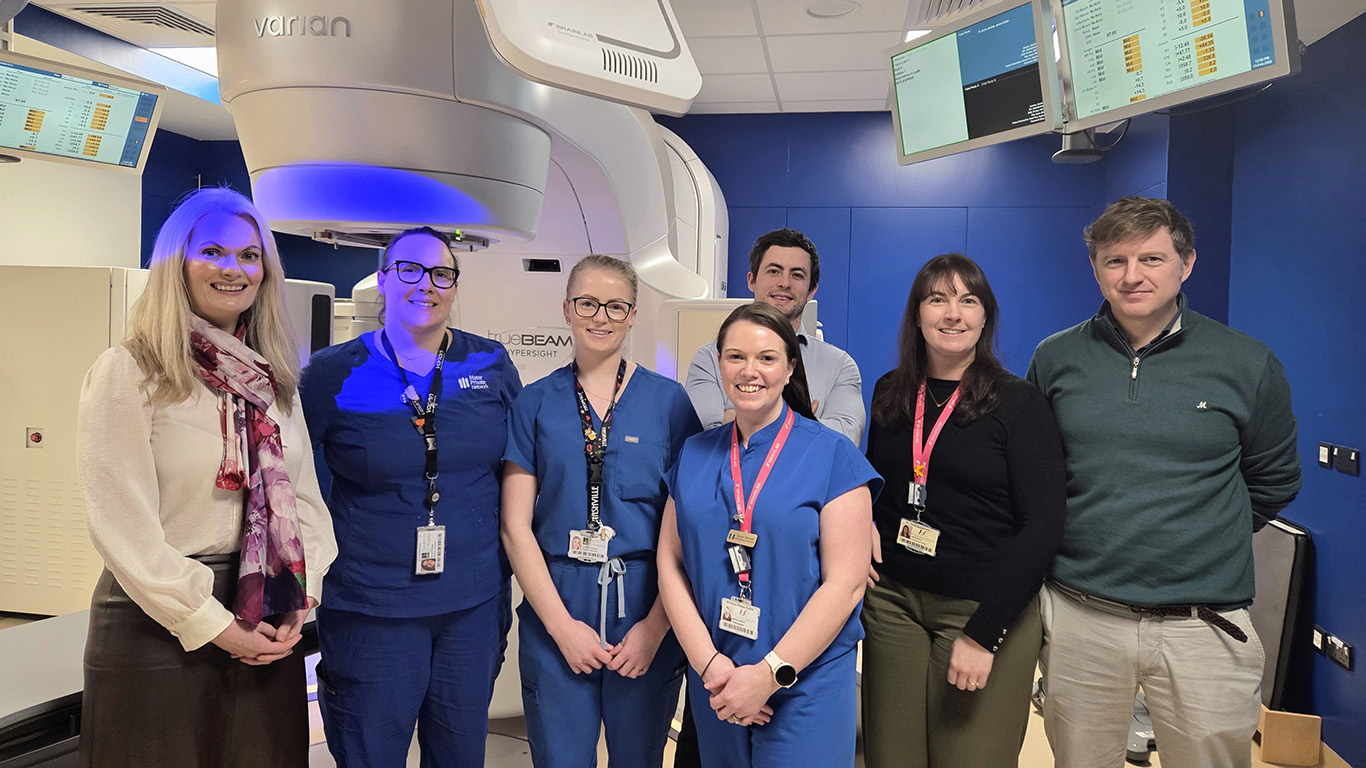4th September 2025
Ways to Support Your Bone & Muscle Health
The musculoskeletal system consists of bones, muscles, tendons, ligaments, cartilage, joints, and other connective tissues. It provides structure to the body, enabling movement, stability, and flexibility. Over time, natural ageing and medical conditions can impact musculoskeletal health, but maintaining a healthy lifestyle can strengthen this system, helping to prevent injuries and aid recovery from surgery.
.jpg?sfvrsn=edfe415d_0)
Understanding Bones & Muscles
Bones are living tissues that continuously renew themselves through a process called “remodelling”, where old or damaged bone tissue is replaced by new tissue. As we age, this renewal slows, leading to gradual bone loss.
Muscles, on the other hand, provide strength, movement, and support to the skeleton. Like bones, muscle mass naturally declines with age. Healthy muscles not only allow us to lift and move but also contribute to overall body function, including organ support.
Factors Impacting Your Muscle & Bone Health
Aging
As we age, our bone and muscle mass begin to deteriorate naturally. Once we reach our 30s and 40s, small amounts of bone and muscle mass are gradually lost each year.
Menopause
The reduction of oestrogen levels during menopause can accelerate bone and muscle loss, making musculoskeletal health especially important for women.
Exercise
Weight-bearing and resistance exercises are essential for maintaining strength and bone density. Seeking guidance from a physiotherapist can help develop an effective exercise routine.
Coeliac disease
Coeliac disease is a condition that affects the digestive system, specifically the small intestine. In people suffering from this disease, the immune system mistakenly attacks healthy tissue when gluten is consumed. Gluten is a protein found in wheat, barley, and rye, and this immune response leads to inflammation and damage of the small intestine. Over time, this damage can make it difficult for the body to absorb essential nutrients, which can impact overall health.
Due to impaired nutrient absorption, people with coeliac disease may develop lower bone mineral density, making their bones weaker and more prone to fractures. Additionally, they may experience muscle inflammation and reduced muscle strength. To support bone and muscle health, individuals with coeliac disease should follow a gluten-free diet and ensure they receive adequate calcium, protein, vitamin D, and energy intake.
Smoking
Nicotine inhibits the formation of bone-building cells (osteoblasts) and negatively affects muscle development. Smoking also reduces calcium absorption.
Osteoporosis
Osteoporosis is a condition that weakens bones, increasing the risk of fractures. Low intake of calcium and vitamin D can contribute to the condition. If you are concerned about your bone density, your GP may recommended supplements and a DEXA scan to assess your bone density.
How to improve bone & muscle health
A balanced diet is key to musculoskeletal health, ensuring adequate intake of calories and nutrient-rich foods.
Protein
Protein supports bone strength and muscle growth. It is best consumed throughout the day to provide a steady supply. Sources of protein can be either animal-based (fish, meat, dairy, eggs) or plant-based (nuts, beans, pulses).
The recommended daily intake of protein is 1.2 - 1.5 grams per kilogram of body weight. For example, an 80kg male should aim for 96 - 120g of protein per day.
Energy
Adequate calorie (kcal) intake prevents muscle breakdown and supports bone health. Aim for 30kcal per kilogram of body weight daily. For example, an 80kg female should consume around 2,400kcal daily.
Calcium
Calcium plays an essential role in strengthening your bones. Adults should aim for 800mg per day, which can be met with:
- A glass of milk or calcium-fortified plant-based milk
- 25g of cheese
- 125ml of yoghurt
Teenagers and pregnant women require up to 1,200mg daily.
Vitamin D
Vitamin D supports your bones, muscles, and immune system. While sunlight helps the body produce vitamin D, in winter months, supplementation is necessary. While foods such as oily fish and red meat contain some vitamin D, the recommended amount is 15 micrograms (600 IU) of vitamin D3 daily.
The above content was reviewed by Padraig Harkin, Dietitian at Mater Private Network in Dublin.










.jpg?sfvrsn=65074fcb_1)
.jpg?sfvrsn=41cc78dd_3)
.jpg?sfvrsn=83254d5c_1)
